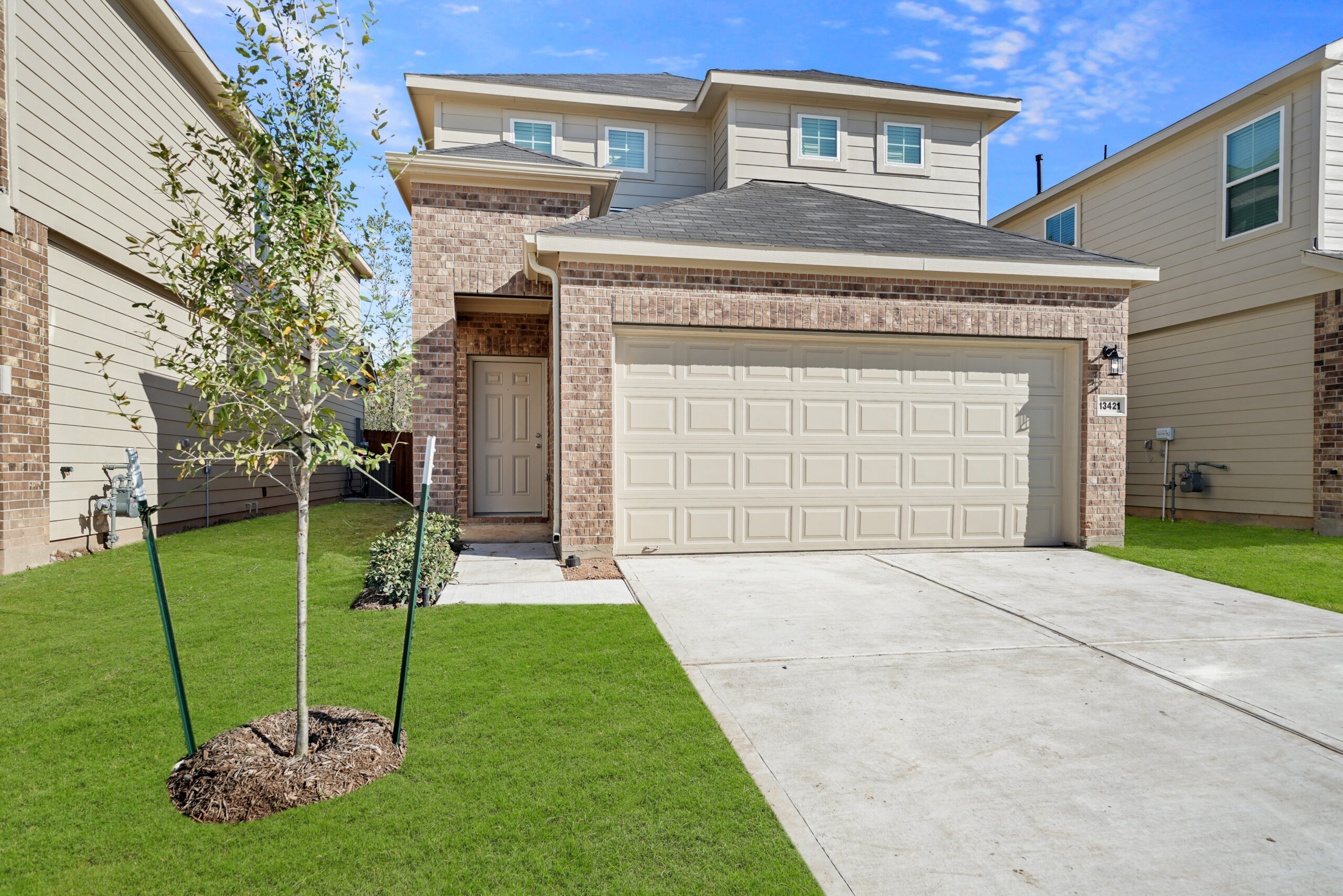Expert Advice and Insights on Renting in Houston
What’s The Difference Between Renting and Leasing a Home?

Let’s face it: today’s housing market has made it difficult for many potential homeowners to purchase their dream home. Rising mortgage rates and a lack of affordable housing options have made the home-searching process much more difficult than in years past. It may seem like it’s impossible to buy a house nowadays, but if you’re looking for a pragmatic alternative to the traditional home-buying process, consider leasing or renting your next home!
Both leasing or renting a house offer tons of advantages over buying a house outright, but they also have key differences that affect how often you’ll make payments on a house among other things. Whether you decide to lease or rent your next home, ensuring that you find houses that fit your budget and lifestyle is crucial. To help you make a more informed decision, let’s take a look at the difference between renting and leasing a home.
What to Expect When Leasing a House
The primary difference between leasing a house and renting a house is the agreement that you sign prior to moving in. When you lease a house, you’ll sign an agreement that states you will live in the house and pay monthly rent for at least 12 months. Your lease agreement will provide details on how long the tenancy will last, but it also has terms that you and your landlord or property manager will have to follow.
First, a typical lease agreement will state that the landlord or property manager cannot raise the cost of rent on your home without you knowing. You also cannot be evicted from your home unless probable cause exists. These terms are in place to protect you from being treated unfairly during your tenancy.
As a lessee, there are terms and conditions that you will need to abide by as well. The most important of these terms is that you must submit your rent payments on time or else you will break your lease. If your lease is broken, you risk losing your security deposit and being evicted from the property.
When you lease a house, you will need to be prepared for what happens after your lease ends. Most lessees are not guaranteed to renew their lease after it ends, and if you do get the option to renew it, your lease payment will be higher than it was previously. Because of this, leasing a home is more suitable for people looking for a short-term living option.
All About Renting a House
Compared to leasing a house, renting offers a lot more flexibility if you’re looking for a long-term living arrangement. Rental agreements often include 30-day terms with rent being due once per term, but the agreement is automatically renewed every 30 days. This makes renting a home a great option for families who plan on staying in the same place for a long time because at most properties, renters can continue to pay rent for as long as they want without their agreement expiring. Similar to leasing a home, renters are expected to abide by a set of terms and conditions that dictate how much rent costs and rules for living at the property among other things.
Should I Rent or Lease My Next Home?
Depending on how long you want to live in a certain place, both renting and leasing have their own benefits. If you’re looking for a short-term living situation, leasing your next home is an attractive option. However, if you want to settle down and stay and stay in the same place for several years, renting a home gives you the freedom to stay as long as you’d like without the anxiety that comes with renewing lease agreements.
HomeSite Residential has Your Rental Home Solution!
Finding your next rental home in the greater Houston area can be a challenge, but we got you covered! A HomeSite Residential rental home is much more than just a house; our newly-built homes feature luxurious amenities while being situated in community-oriented layouts that make your at-home experience even better. Plus, our rental home communities are located just a few miles outside of downtown Houston so you can stay close to the city without sacrificing a safe, spacious place for you and your family to live life in. If you’re ready to make the move with us, contact our team today to learn more about how you can start the application process today!
